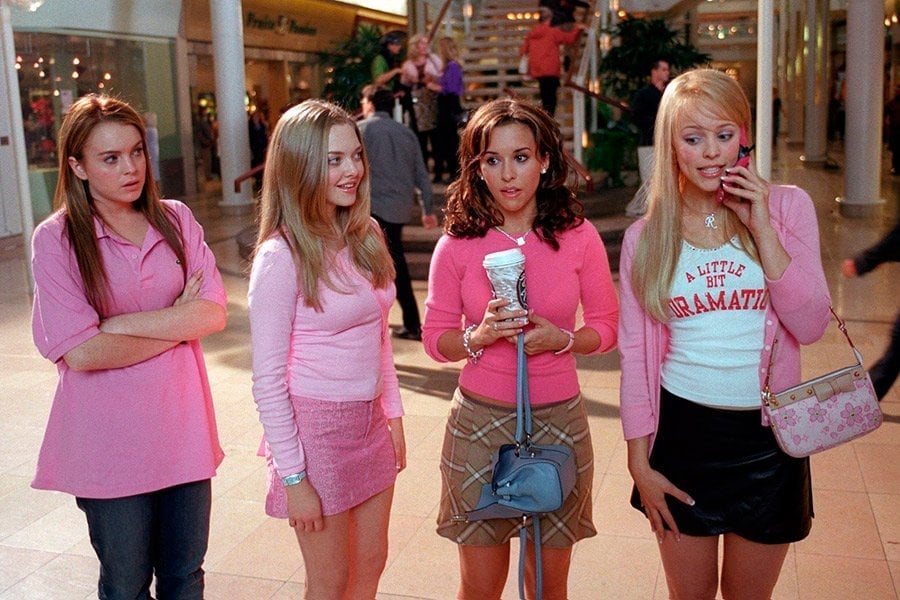
There's a saying, repeated and co-opted by many since first being muttered by former United States Secretary of State, Madeleine Albright: "There is a special place in hell for women who don't help other women."
Used as a battle cry against a society that pits woman against each other and platforms 'cat fights' (go read any headline about Meghan Markle and Kate Middleton, for example), the saying is meant to tell women that competition is not the only way to get ahead.
That is correct, and very important. But it's also a bit simplistic. Because women are not above criticism just because they're women, but especially because it ignores the fact that women are, and have been for centuries, conditioned not to help each other.
Listen: The Quicky on toxic femininity. Post continues below audio.
Recently, Chrissy Teigen has lost her title as the internet's favourite person because of the reemergence of toxic tweets she sent in the past, which bullied and ridiculed other women and non binary people for their looks, behaviours and relationships.
Actor and singer Courtney Stodden claimed that Teigen had posted multiple tweets about them, and even sent them direct messages on the app.
"She wouldn’t just publicly tweet about wanting me to take 'a dirt nap' but would privately DM me and tell me to kill myself," they told the Daily Beast. "Things like, 'I can't wait for you to die.'"
In screenshots from that time period, which were recently resurfaced by Buzzfeed, Teigen called Stodden "an idiot" and "effing weird", and told them to "go to sleep forever."



Top Comments